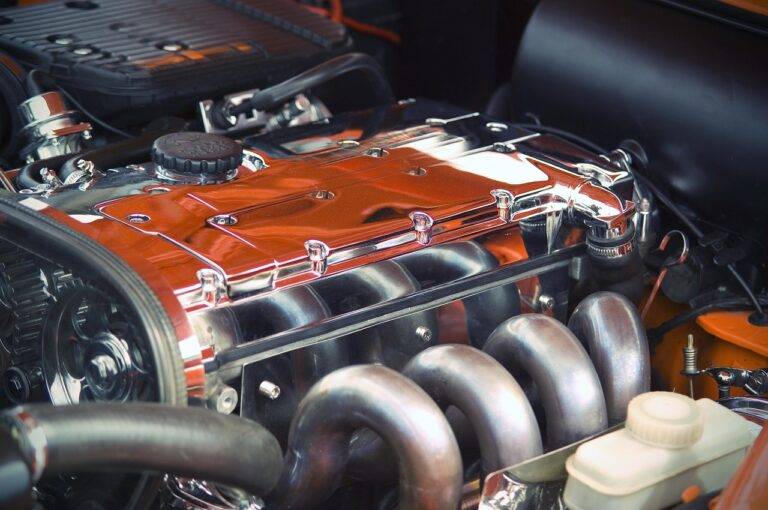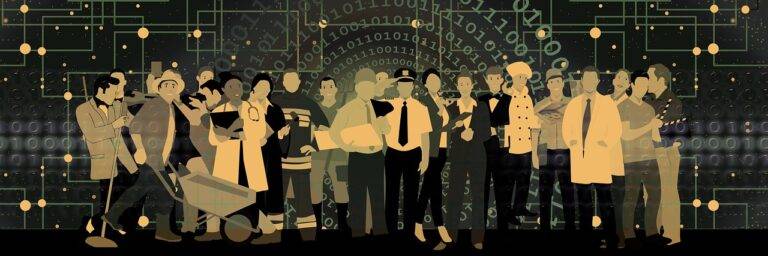The Future of Tech in Industrial Automation
The rapid advancement of technology in industrial automation poses several challenges for businesses. One of the key obstacles faced is the integration of new technologies with existing systems. This can lead to compatibility issues and disruptions in operations, requiring significant time and resources to rectify.
Another challenge is the need for upskilling and reskilling the workforce to adapt to the changes brought about by automation. Employees often need to be trained on how to operate and maintain new equipment, as well as develop skills in data analysis and interpretation to leverage the benefits of automation fully. Failure to invest in employee training can result in a workforce that is not equipped to handle the complexities of modern automation systems, leading to inefficiencies and decreased productivity.
Impact of Artificial Intelligence in Automation
Artificial Intelligence (AI) continues to revolutionize the realm of industrial automation, offering unique solutions to longstanding challenges. Through the implementation of AI-powered technologies, manufacturers are increasingly able to optimize production processes, enhance efficiency, and improve overall operational performance. By leveraging AI algorithms, machines are empowered to make real-time decisions and adjustments, leading to a more agile and adaptive manufacturing environment.
The integration of AI in automation has not only streamlined production processes but has also paved the way for predictive maintenance strategies. By analyzing vast sets of data, AI systems can detect patterns of equipment failure before they occur, enabling proactive maintenance measures to be taken. This proactive approach not only minimizes downtime but also reduces overall maintenance costs, ultimately contributing to increased productivity and profitability for industrial facilities.
What are some challenges faced in industrial automation?
Some challenges in industrial automation include high initial setup costs, the need for skilled technical personnel, integration with existing systems, and potential job displacement.
How does artificial intelligence impact automation?
Artificial intelligence enhances automation by enabling machines to learn from data, make decisions, and perform tasks without human intervention. This improves efficiency, accuracy, and productivity in various industries.
What are some examples of artificial intelligence in automation?
Examples of artificial intelligence in automation include robotic process automation, machine learning algorithms for predictive maintenance, computer vision for quality control, and natural language processing for customer service automation.
How can artificial intelligence benefit businesses in automation?
Artificial intelligence can benefit businesses in automation by reducing operating costs, improving productivity and quality, enabling faster decision-making, enhancing customer experiences, and creating new revenue streams through innovative solutions.
What are some potential risks associated with using artificial intelligence in automation?
Some potential risks of using artificial intelligence in automation include data privacy concerns, algorithm bias, lack of transparency in decision-making, job displacement, and the potential for AI systems to malfunction or make errors.





